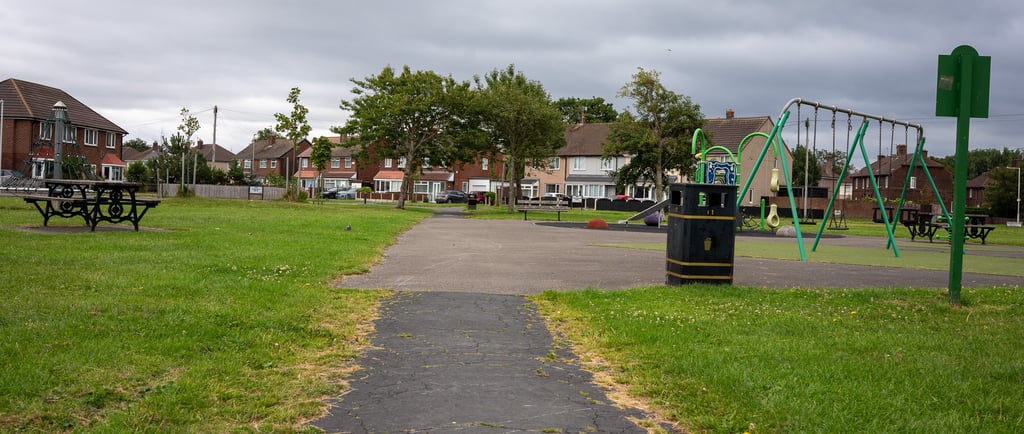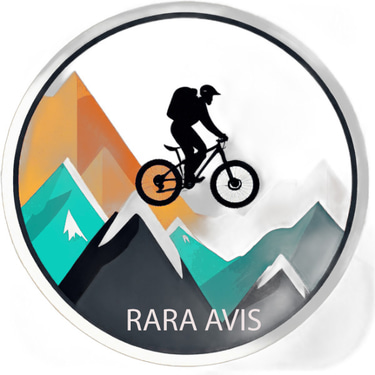Returning Home
MY SECOND CHILDHOOD
Daz Greenop
7/20/20253 min read


When people ask me, ‘How did you get interested in animals?’ I reply, ‘How on Earth did you lose your interest in animals?’ Sir David Attenborough.
I never grew up in a particularly beautiful area. It was a sprawling council estate but at least it was surrounded by fields. Alas, no more. Most importantly, I lived half a mile from the Irish Sea where I spent many long days, which turned into weeks, and then months absconding from school. My one achievement as a child was holding the school record for detentions - due to my truancy, obviously. I suspect that record still stands.
There was a park too, which my overcrowded house overlooked. My generation still refer to it as The Rose Gardens though the roses are long gone, along with the hedgerow perimeter and Park Keeper who would lock up the cast iron gates every evening to keep feral children like me out.
I can honestly say that I learnt more from not being in school than being there. In the fields I learnt how to forage (mushrooms later became a favourite!) and in the sea I learnt how to swim. At low tide I would go cockling and explore rockpools, at high tide the fields would occasionally flood and we would swim there instead. Despite the routine violence, abuse and alcoholism of domestic life I would still describe my childhood as idyllic.
It won’t surprise you that I left school with no meaningful qualifications. However, neither did I waste childhood escaping my problems. The natural world is just that. Natural. It is where we belong. School is unnatural. Poverty is unnatural. Violence is unnatural. I spent my childhood being a child despite everything.
The landscape surrounding my childhood home has changed over the years with housing as far as the eye can see, concrete flood defences to protect these newly built houses and a play area ‘designed for young people’ as the plaque declares proudly. However, there are no rose petals to make 'perfume', no hedgerows to hide in, no gates to climb over, no fields to forage in and no rockpools to explore. Only a park laid waste by urban planners for children. Supervised of course. I visited The Rose Gardens today and I’m not sure how those children will survive, let alone thrive. There is nothing left to love, or lose.
So, asking Sir David's question to myself, when exactly did I lose my love for the natural world? Simple answer: when I left home. Let me explain. As I grew older I realised that I was ‘poor’ by other people’s standards so I studied hard, went to university and worked ceaselessly to change that narrative of failure. But at what cost?
If we are not careful the pursuit of success will impoverish rather than enrich us. We have arrived at a point in history where casualties of capitalism are being prescribed nature therapy to sooth the soul and there is solid evidence to show it helps. Forest Bathing or shinrin-yoku, for example, can reduce blood pressure, lower levels of the stress hormone cortisol and improve concentration and memory. I wouldn’t want to discourage anyone from trying this but, as with most solutions to modern problems, it is tackling the symptoms rather than the causes of distress.
In my very first blog (and occasionally in subsequent ones) I described my various passions, much like nature therapy, as distractions from the harsh realities of life. But this is only half of the story. It is corporate greed, collective carelessness and lack of political courage that have led to the destruction of our natural habitat yet we willfully believe their lies and, even when we fail, continue to chase the fantasies that only serve to distract us from getting to the heart of the problem. Simple answer: don’t just make nature your therapy, make it your home. I am slowly finding my way back home but I am also mindful that many who follow won't have that luxury.
